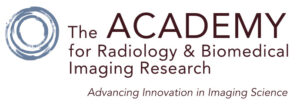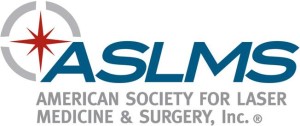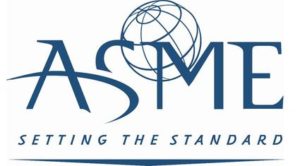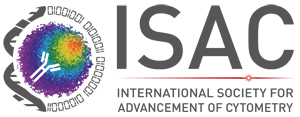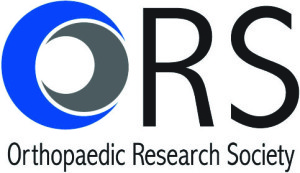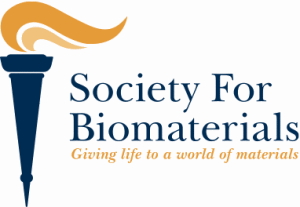AIMBE’s Council of Societies: A Collective Voice for Action
Since its formation in 1991, the AIMBE Council of Societies (CoS) has served as a coalition of scientific organizations in medical and biological engineering. By managing collaborative partnerships among its 11 current member societies, the AIMBE CoS is uniquely positioned to coordinate messaging, resource sharing, and strategic guidance for advancing collective advocacy efforts within our field. The primary goals of the CoS are to:
- Provide a collaborative forum to define shared positions on pressing policy issues facing the field of medical and biological engineering;
- Foster intersociety dialogue and partnerships to offer collective representation in medical and biological engineering;
- Coordinate collaborative advocacy activities within and across member societies that engage stakeholders across academia, industry, the healthcare sector, government, and public and private biomedical communities
The CoS works towards these goals by addressing challenges facing medical and biological engineering by bringing together society leadership in pursuit of critical common objectives. The CoS, in fact, helps to set these priorities by identifying important issues from within its membership to offer tailored activities/benefits (see table below for a comprehensive list) that include:
- Closed-door meetings for society leadership to discuss shared policy priorities and engage in strategic planning around shaping national initiatives during the AIMBE Annual Event and on an ad-hoc basis;
- Networking opportunities through in-person receptions attended by Fellows, Emerging Leaders, CoS member society representatives, and AIMBE staff at scientific conferences and meetings;
- Educational and advocacy training opportunities through in-person plenary talks, workshops, and symposia at scientific conferences and meetings;
- National coalition building of biomedical research organizations to increase public awareness and support for federal health and science agencies such as the National Science Foundation (NSF), National Institutes of Health (NIH), and U.S. Food and Drug Administration (FDA);
- Representation via liaisons from member society leadership in AIMBE coalition and roundtable activities to promote information exchange between stakeholders; and
- Advocacy news and resources to effectively participate in letter writing campaigns, congressional visits, sign-on of public statements, and other strategies that increase awareness of policy issues pertinent to the field of medical and biological engineering
 AIMBE
AIMBE


